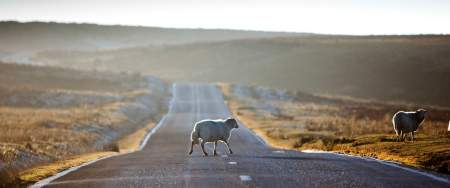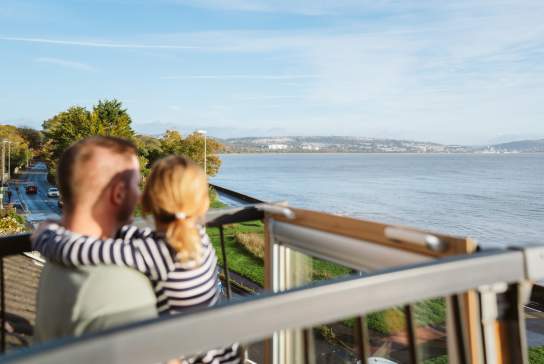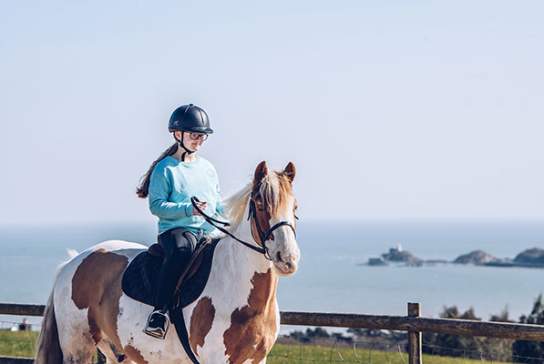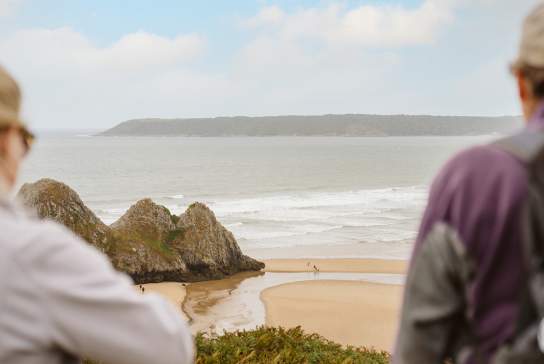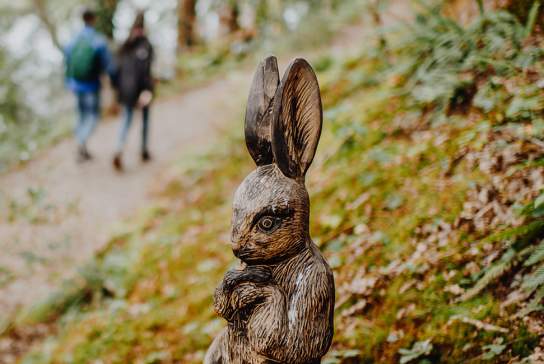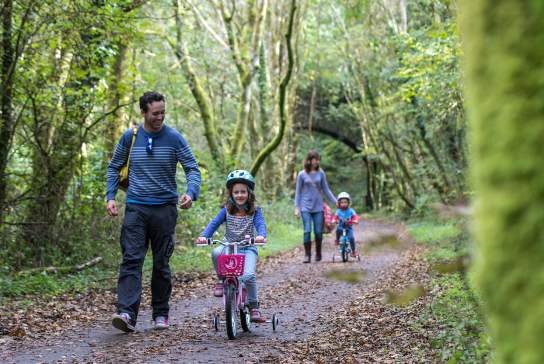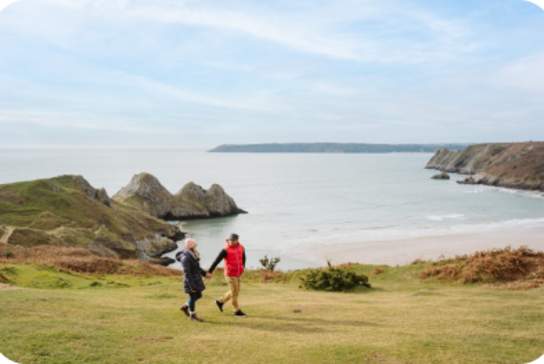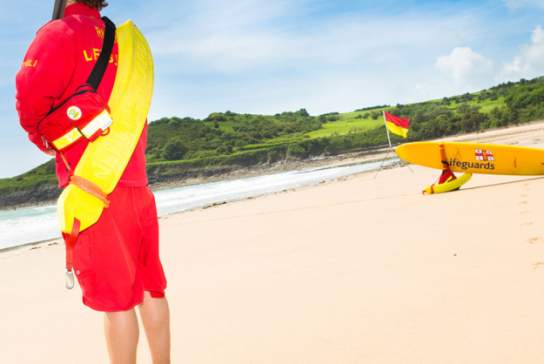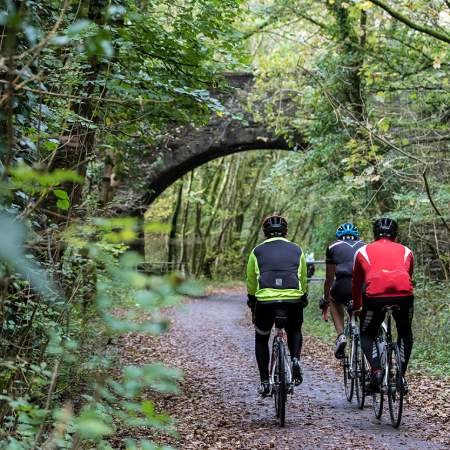Nature and Wildlife on Gower
Gower was made Britain’s first Area of Outstanding Natural Beauty more than 60 years ago, this has allowed the area to maintain a low level of man-made disturbance, resulting in safe, established breeding areas and swathes of untouched common and cliffs where rare plants are able to flourish.
The peninsula has 39 miles of coastline, so sea life is a key component of the area’s natural world. Above water you can spot dolphins and seals and below hosts a whole world of fish, crustaceans and molluscs. A large range of sea birds such as razorbills and oystercatchers reside in the area as well as birds of prey such as peregrine falcon and hen harriers.
Cefn Bryn
Cefn Bryn (Swansea SA3 1AE) is the second highest point on Gower, the naturally formed ridge sits in the centre of the peninsula and stretches across 5 miles with far reaching views. Most of the ridge is common land and home to grazing livestock, this keeps the grass and gorse at bay and helps cultivate a diverse range of habitats where protected and rare species such as the skylark, brown hare and marsh fritillary butterfly are able to thrive.
Broad Pool sits near the base of Cefn Bryn, it’s a large fresh water pool and protected nature reserve. It’s home to many plants, amphibious creatures and insects such as dragonflies and you may spot birds such as snipe and heron with their pointed beaks.

Arthur's Stone
The common is home to one of Gower’s famous landmarks, Arthur's Stone, a Neolithic burial monument. There are two other Scheduled Ancient Monuments on the common: Pen y Crug Round Barrow and Round Cairn.
As Cefn Bryn’s area is so large you can access it via villages nearby such as Cilibion, Reynoldston and Penmaen. This is also the best place for parking. There is a pull in near Arthur’s Stone but this is occasionally inaccessible for land preservation purposes.

Oxwich Bay
Oxwich Bay (SA3 1LS) is a 2.5 mile sweep of coastline on southern Gower, flanked by two headlands. The beach sits alongside the wetlands and forest of Oxwich Nature Reserve which provides a rich variety of habitats for plants and wildlife
Due to the chalky environment in the dunes, you’ll see uncommon wildflowers such as orchids. Insects thrive in the freshwater lakes, they in turn attract bats that roost nearby.
On the road out of Oxwich at Whitestones, bird watchers can access a hide on the marsh. It is accessed by a boardwalk. Spot warblers, moorhens, little grebes and wildfowl.

Planning your trip
Getting Around
Useful information to help you find your way around Swansea Bay, Mumbles and Gower.
Places to Stay
No matter what you're looking for in a place to stay, Swansea Bay has accommodation for all tastes.
Food and Drink
Need to refuel, or somewhere to celebrate? Check out our food and drink section
Activities
Swansea Bay and Gower’s location means we’re blessed with options when it comes to activities…
Visiting Responsibly
As a responsible destination, Swansea Bay wants to support the safety of both residents and visitors…
Cycling in Swansea Bay
Gear up and grab your bike. Swansea Bay has plenty of free-from-traffic cycle routes.
Walking in Swansea Bay
Walking is one the best ways to discover the gorgeous coastline of Swansea Bay. Here are some great…
Surf and the city Award winning beaches
If you look up Swansea Bay in the dictionary (our dictionary) you'll see a picture of a stunning…
Explore more
Nature and Wildlife
The Swansea Bay area is special when it comes to the nature and wildlife on offer, its geographical location covers coast and countryside, within half an hour you can go from swimming in the sea with seaweed tickling your feet to standing on top of a mountain with buzzards and kites circling above…

